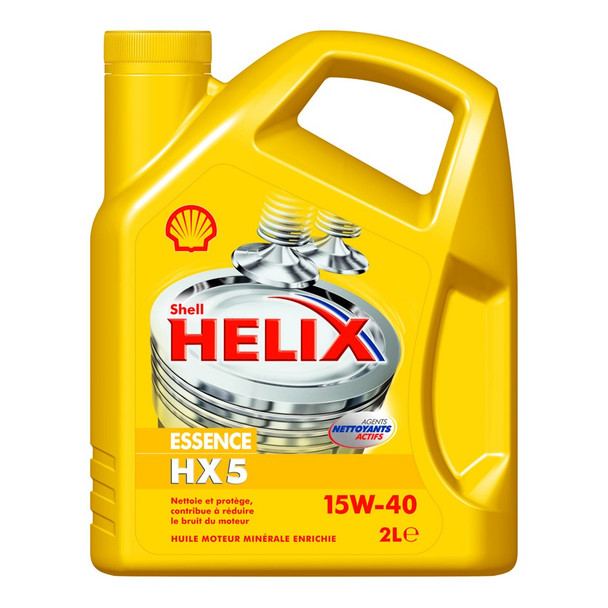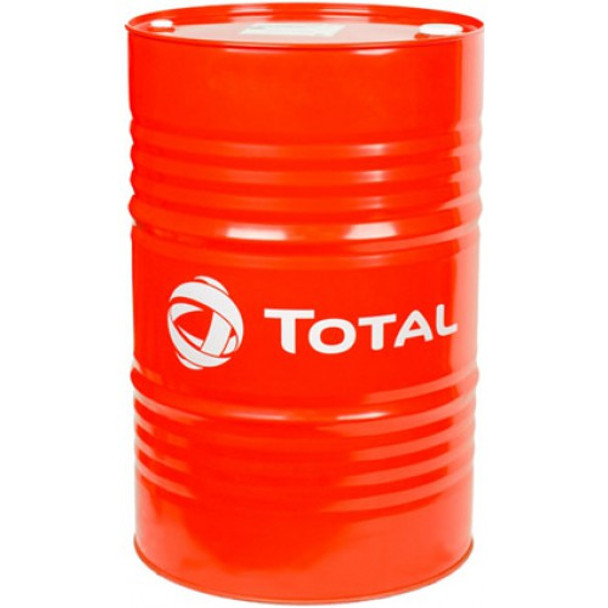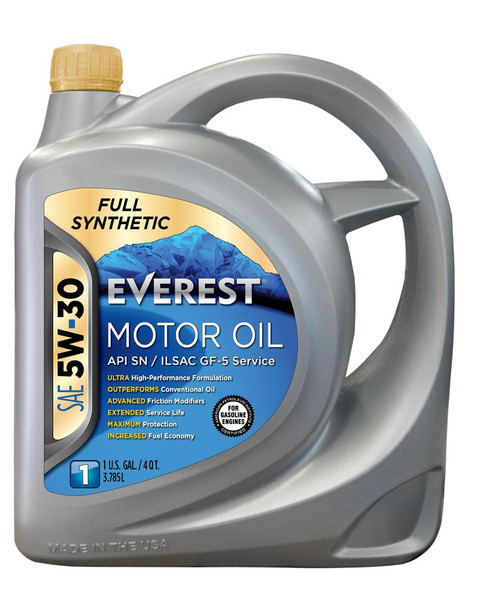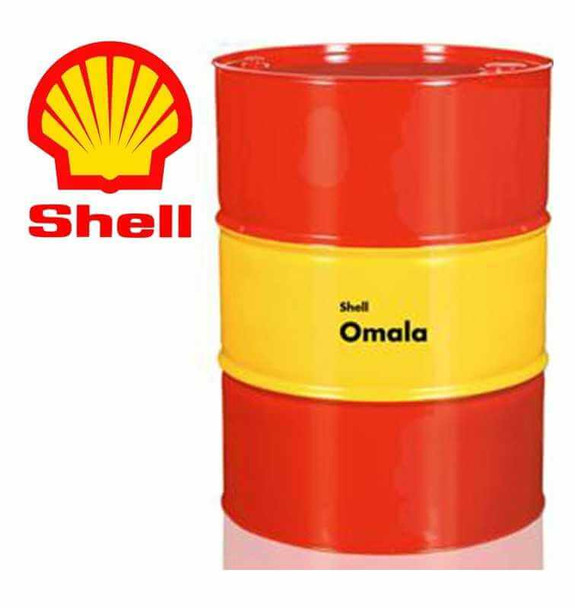How to Select Lubricants for Different Industrial Applications
Key Takeaway
- Understand Application Requirements: Choose lubricants based on the specific needs of the machinery, such as load, speed, and operating conditions.
- Viscosity Matters: Selecting the right viscosity ensures optimal performance and prevents wear or overheating.
- Consider Environmental Factors: Temperature, humidity, and exposure to contaminants should guide your lubricant choice.
- Base Oil Type: Use synthetic oils for high-performance and extreme conditions, and mineral oils for general-purpose lubrication.
Introduction
Lubricants play a critical role in industrial settings, serving as vital components that reduce friction, dissipate heat, and protect equipment from wear and tear. Selecting the right lubricant for different industrial applications is crucial for ensuring machinery operates efficiently and lasts longer. Lubricants not only reduce friction but also protect equipment from wear, corrosion, and extreme temperatures.
For example, Everest Motor Oil 5W-30 Full Synthetic 5Ltr and Mobil Super 1000 20W50 4liters are ideal for automotive applications due to their high-performance additives and viscosity, which offer excellent engine protection under various conditions. For heavy-duty industrial use, products like Shell Omala F Industrial Gear Oil and Shell Omala S4 WE 320 20L are specially formulated for gear systems, providing superior lubrication and protection against wear, especially in extreme environments.
LubeMax Multi-Purpose EP is another versatile option, suitable for general-purpose applications requiring extreme pressure protection. Following manufacturer recommendations and considering factors such as operating conditions, temperature, and machinery type will help ensure you select the appropriate lubricant, whether it's Shell Helix HX3 20W-50 for engines or Mobil 1 New Life 0W40 1 liter for high-performance vehicles.
This guide aims to equip readers with the knowledge necessary to choose the appropriate lubricants for various industrial applications, ensuring optimal operation of their equipment.
LubeMax multipurpose lithium grease ep2 12kg keg
Understanding Lubricants
Lubricants are substances applied to surfaces in relative motion to minimize friction and wear. They can take various forms, including:
1. Oils: Typically used for engines and machinery, oils provide excellent lubrication and heat dissipation.
2. Greases: These are semi-solid lubricants, ideal for applications where retention is important, such as bearings.
3. Dry Lubricants: Comprising solid particles (e.g., graphite or molybdenum disulfide), these lubricants are used in environments where liquid lubricants may not be suitable.
Key properties of lubricants include:
1. Viscosity: This is the thickness of the lubricant, impacting its ability to flow and adhere to surfaces.
2. Temperature Stability: The ability to maintain performance under varying temperature conditions.
3. Load-Bearing Capacity: The maximum load a lubricant can support without breaking down.
Understanding these fundamentals is essential for selecting the right lubricant for a specific application.
Shell Helix HX5 15W-40 Multi grade engine oil 4liters
Factors to Consider When Selecting Lubricants
When choosing lubricants, several key factors must be considered:
1. Operating Conditions:
Temperature Ranges: Identify the minimum and maximum temperatures the lubricant will be exposed to. For instance, high-temperature environments may require synthetic oils that can withstand thermal breakdown.
Environmental Factors: Consider factors such as humidity, dust, and exposure to chemicals. For example, lubricants used in food processing must be resistant to moisture and safe for food contact.
2. Equipment Type:
Different types of machinery may require specialized lubricants. For instance, high-speed bearings often need low-viscosity oils, while heavy-duty applications may require high-viscosity greases to handle greater loads.
3. Performance Requirements:
1. Assess the load capacity and shear stability required for your machinery. Ensure that the selected lubricant can withstand the operational demands without breaking down or losing effectiveness.
2. Look for resistance to oxidation, corrosion, and foaming, which can negatively affect equipment performance.
4. Regulatory Compliance:
Many industries have specific standards that lubricants must meet. For example, food-grade lubricants must comply with FDA regulations, while lubricants used in certain manufacturing processes may need to meet ISO standards.
Mobil Super 1000 20W50- 4liters Lubricant
Types of Industrial Applications
Different industrial applications have unique lubricant requirements. Here are some common sectors and their lubricant needs:
1. Manufacturing and Machinery:
CNC machines, conveyor systems, and assembly lines typically use oils and greases that offer high wear resistance and thermal stability to ensure smooth operation.
2. Automotive and Transport:
Vehicles require various lubricants, including engine oils for combustion engines, transmission fluids for gear systems, and grease for maintaining joints and bearings.
3. Food Processing:
In this sector, it’s crucial to use food-grade lubricants that comply with safety regulations. These lubricants must not only provide effective lubrication but also ensure safety in case of incidental contact with food products.
4. Construction and Heavy Equipment:
Heavy-duty lubricants are necessary for excavators, cranes, and trucks, as these machines often operate under extreme conditions and require lubricants that can handle high loads and harsh environments.
LubeMax HI-Gear Max 80W90 25L
Selecting the Right Lubricant
Choosing the right lubricant requires careful analysis and understanding of the equipment's specific needs. Below are important steps to guide the selection process:
1. Conducting a Lubrication Analysis:
1. A lubrication analysis helps identify the current condition of machinery and its lubrication needs. This analysis may involve examining oil samples to assess contamination, wear particles, and oxidation levels. It’s important to understand the performance of existing lubricants and identify any gaps in protection or efficiency.
2. A thorough lubrication analysis ensures that the chosen lubricant can improve machine performance, reduce downtime, and extend the service life of critical components.
2. Consulting Manufacturers’ Specifications:
1. Every machine comes with manufacturer recommendations regarding the type of lubricant that should be used. These specifications are based on extensive testing by the equipment manufacturer to ensure optimal performance.
2. Always reference the equipment manual to select lubricants with the correct viscosity, performance characteristics, and chemical composition suited to the machinery. For example, hydraulic systems may require specific fluid grades, while gearboxes might need oils with higher load-bearing properties.
3. Performing Compatibility Testing:
1. When switching to a new lubricant, it’s essential to test compatibility with the existing one. Incompatibilities between lubricants (e.g., oil and grease types) can result in performance loss, sludge formation, or even equipment failure.
2. Mixing lubricants without proper testing could degrade performance, so always ensure the new lubricant complements the existing one or completely flush out the old lubricant before introducing the new one.
Total Rubia S40 205L Drum
Best Practices for Lubricant Application
Even after selecting the right lubricant, proper application is key to achieving the desired performance. Here are some best practices for lubricant application:
1. Applying the Right Amount:
Over-lubrication or under-lubrication can both be problematic. Excess lubricant can cause overheating, while insufficient lubricant leads to excessive wear. It's crucial to apply the precise amount recommended by the manufacturer to ensure optimal protection.
2. Ensuring Cleanliness:
1. Cleanliness is vital when applying lubricants. Any contaminants like dirt, dust, or moisture introduced during the lubrication process can reduce the effectiveness of the lubricant and lead to premature wear of machinery.
2. Use clean tools, containers, and surfaces when handling lubricants to prevent contamination.
3. Establishing Lubrication Schedules:
Adhering to regular lubrication schedules ensures continuous protection for machinery. Regular intervals should be set based on the operating environment, equipment usage, and manufacturer guidelines. Missed lubrication schedules can lead to equipment damage or decreased efficiency over time.
4. Monitoring and Adjusting:
Consistently monitor machinery to identify any changes in performance, noise levels, or temperature, as these could indicate lubrication problems. If issues are detected, adjust the lubrication process, either by changing the type of lubricant or the frequency of application.
Everest Motor Oil 5W-30 Full Synthetic 5Ltr
Common Mistakes to Avoid
Avoiding common lubrication mistakes can save both time and money. Some mistakes to watch out for include:
1. Using the Wrong Lubricant for the Application:
Selecting the wrong lubricant is one of the most common mistakes in industrial applications. For example, using a general-purpose lubricant in a high-heat application may result in premature breakdown, leading to equipment failure. Always choose lubricants specifically formulated for the intended environment and conditions.
2. Over-Lubricating or Under-Lubricating:
Over-lubrication can lead to excess heat, oil leaks, or foam formation. Under-lubrication, on the other hand, can cause significant wear and tear on moving parts, resulting in costly repairs or replacements.
3. Ignoring Manufacturer Recommendations:
Neglecting the recommendations in the equipment manual can lead to ineffective lubrication. Manufacturer guidelines are designed to optimize performance, so following them ensures better protection for your machinery.
Shell Omala F Industrial gear oil
Frequently Asked Questions
1. What is the most important factor to consider when selecting a lubricant?
The most important factor is the operating conditions, including temperature, load, and environmental exposure. Different conditions require specific lubricant properties to ensure optimal performance.
2. Can I mix different types of lubricants?
Generally, it’s not recommended to mix lubricants as they may have incompatible chemical compositions, which could lead to reduced performance or even equipment damage. Always test for compatibility before mixing or follow manufacturer guidelines.
3. How often should machinery be lubricated?
Lubrication frequency depends on the specific machine and its usage. High-speed or high-load machinery may require more frequent lubrication, while some systems have extended intervals. Following the manufacturer’s schedule is the best practice.
4. What are food-grade lubricants, and when are they needed?
Food-grade lubricants are specially formulated for use in equipment where incidental contact with food products is possible. They are used in food processing, beverage production, and packaging industries to comply with health and safety regulations.
5. How do I know if a lubricant is suitable for high-temperature environments?
Look for lubricants with high thermal stability and oxidation resistance. Synthetic oils are often recommended for high-temperature applications as they can withstand greater heat without breaking down.
Readers Also Watched...
Conclusion
In any industrial setting, selecting the right lubricant is a crucial step in ensuring the longevity and efficiency of machinery. By understanding the types of lubricants, the specific requirements of each industrial application, and the importance of proper application techniques, you can optimize your equipment’s performance. Consider environmental factors, operating conditions, and manufacturer guidelines as part of a comprehensive lubrication strategy. Proper lubrication not only reduces downtime and maintenance costs but also enhances the overall safety and productivity of industrial operations.
Selecting the right lubricant is vital to your equipment’s performance and longevity. AtGZ Industrial Supplies, we offer a wide range of industrial lubricants tailored to meet the specific needs of your operations. Whether you need high-performance oils, greases, or specialty lubricants, our expert team can help you choose the best product for your application. Contact us today to explore our full range of lubrication solutions and improve the efficiency of your industrial processes!















